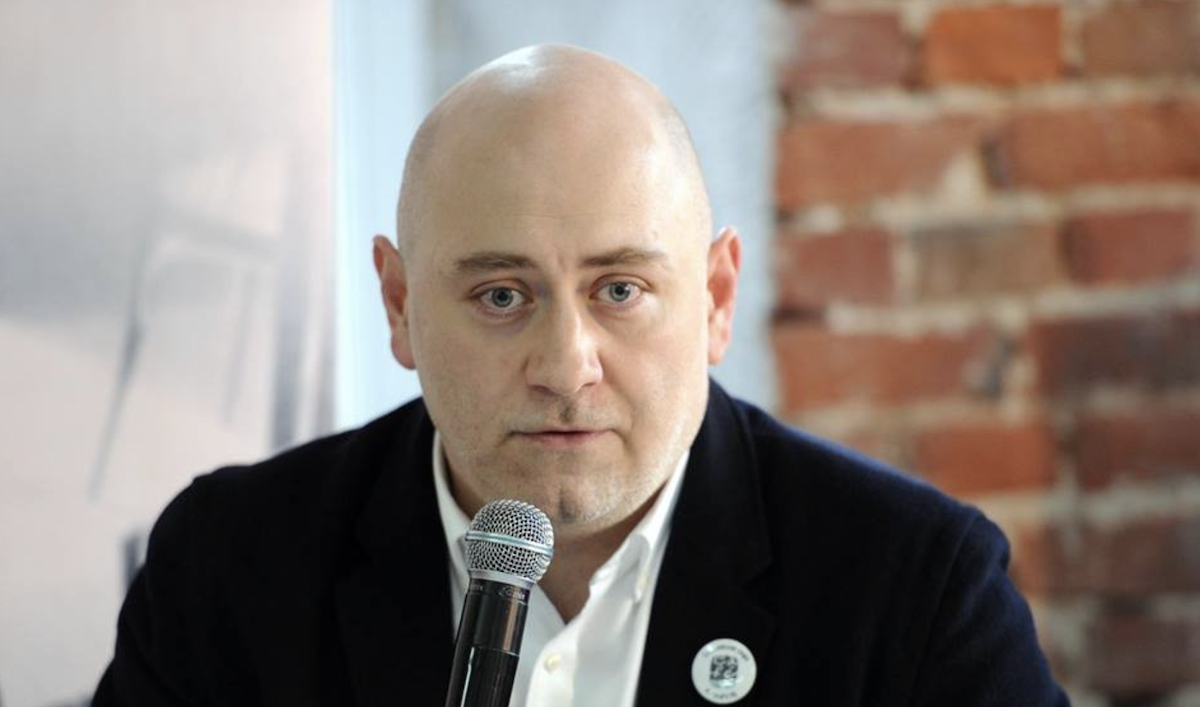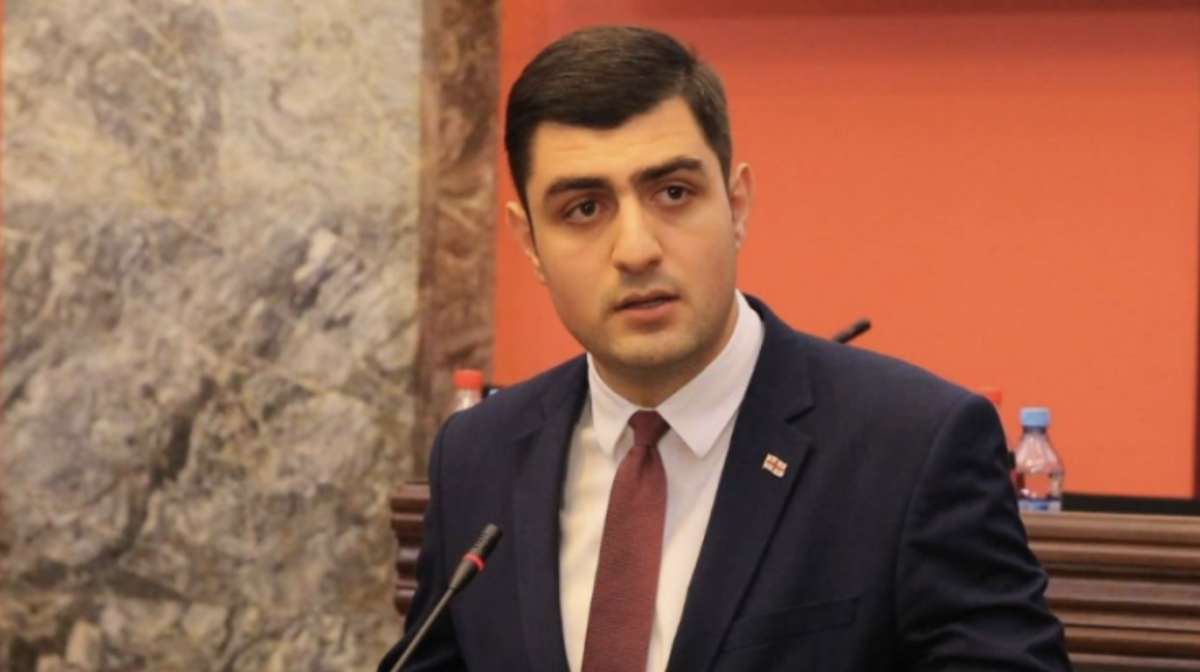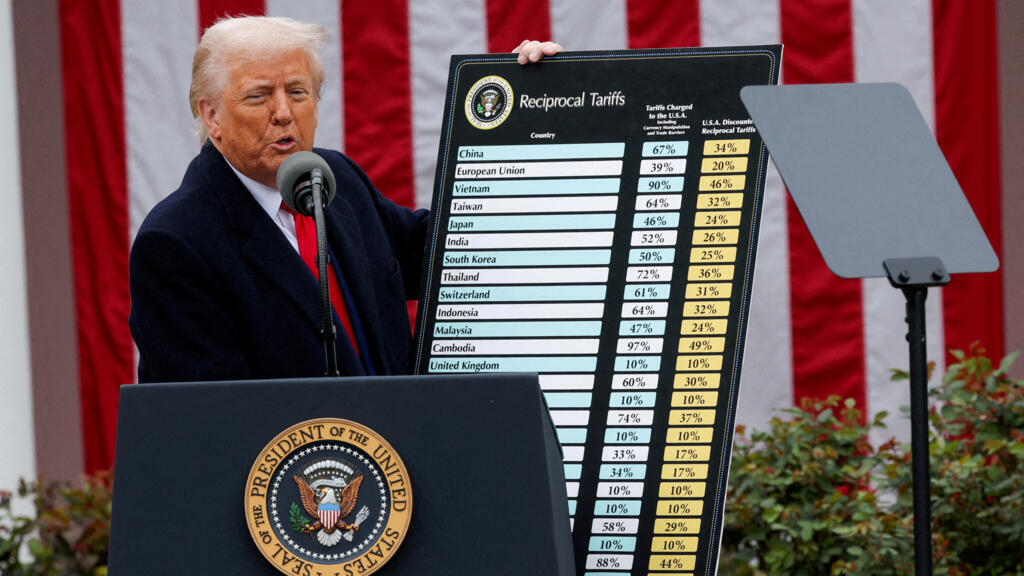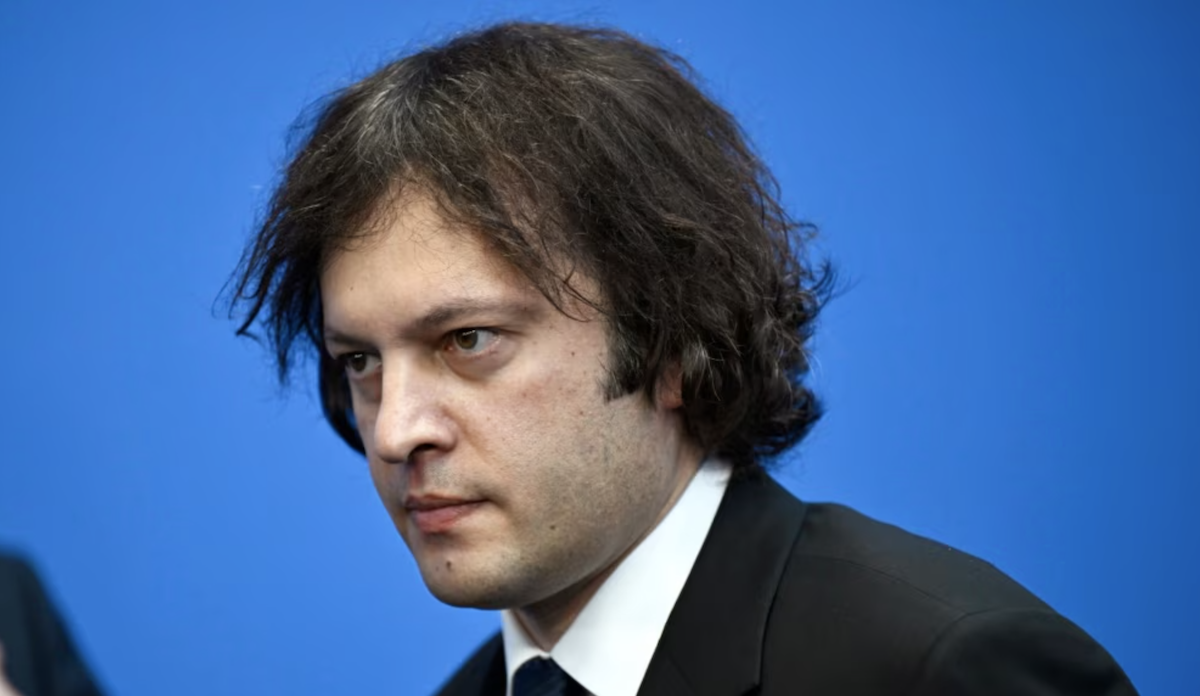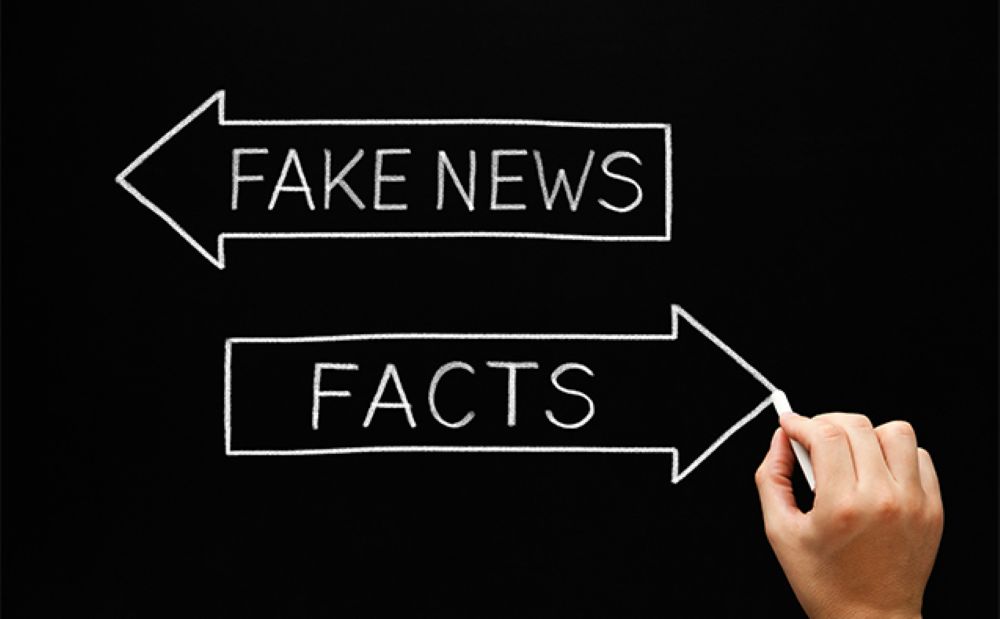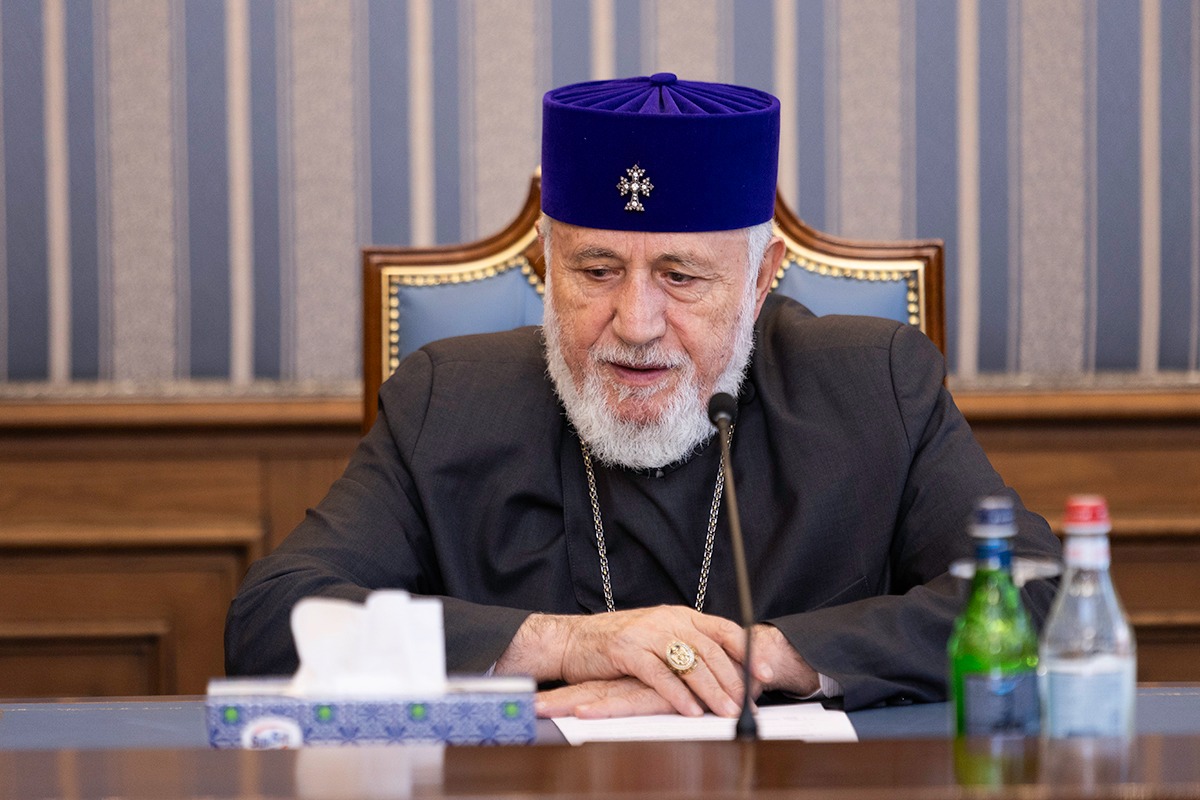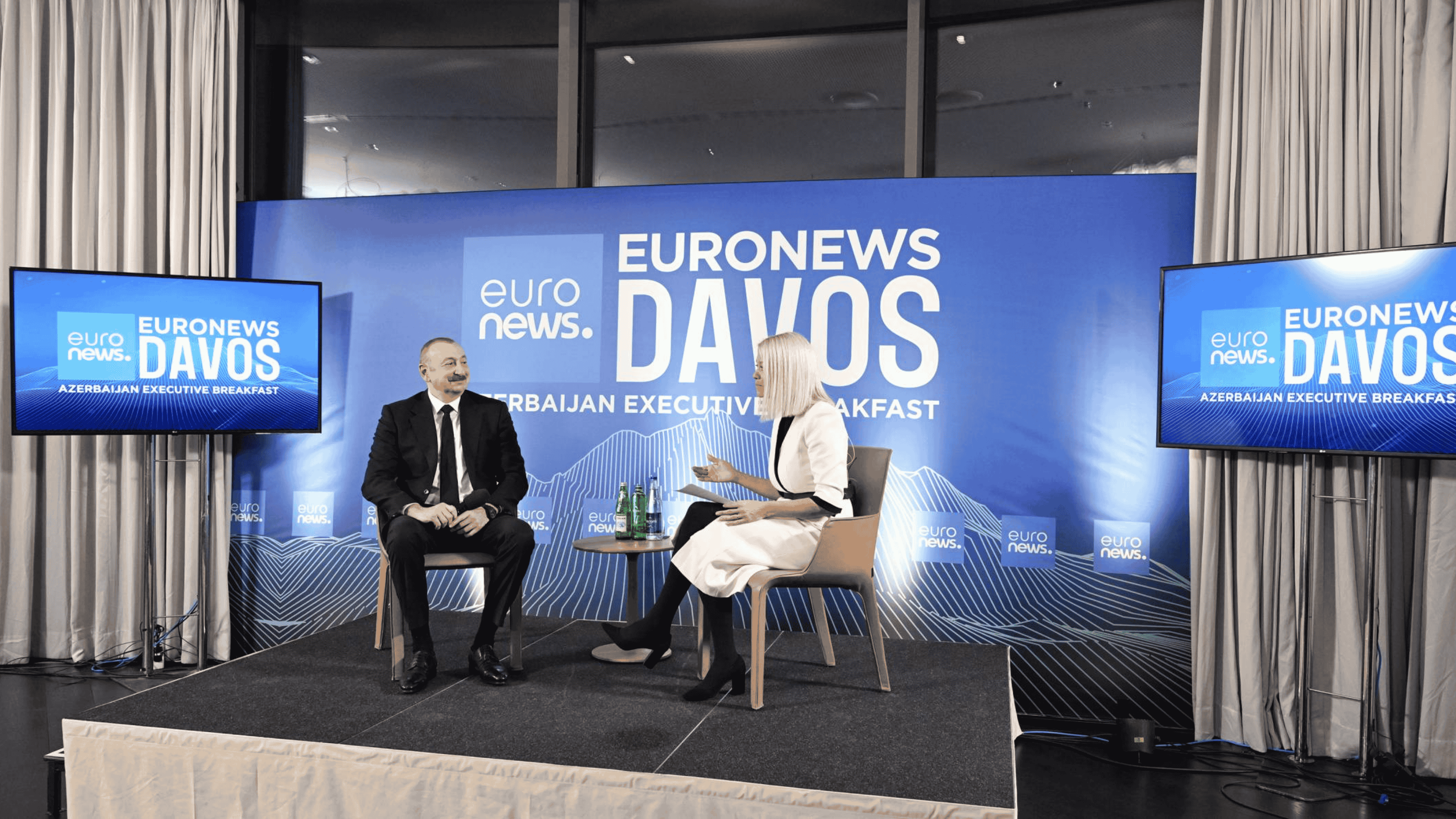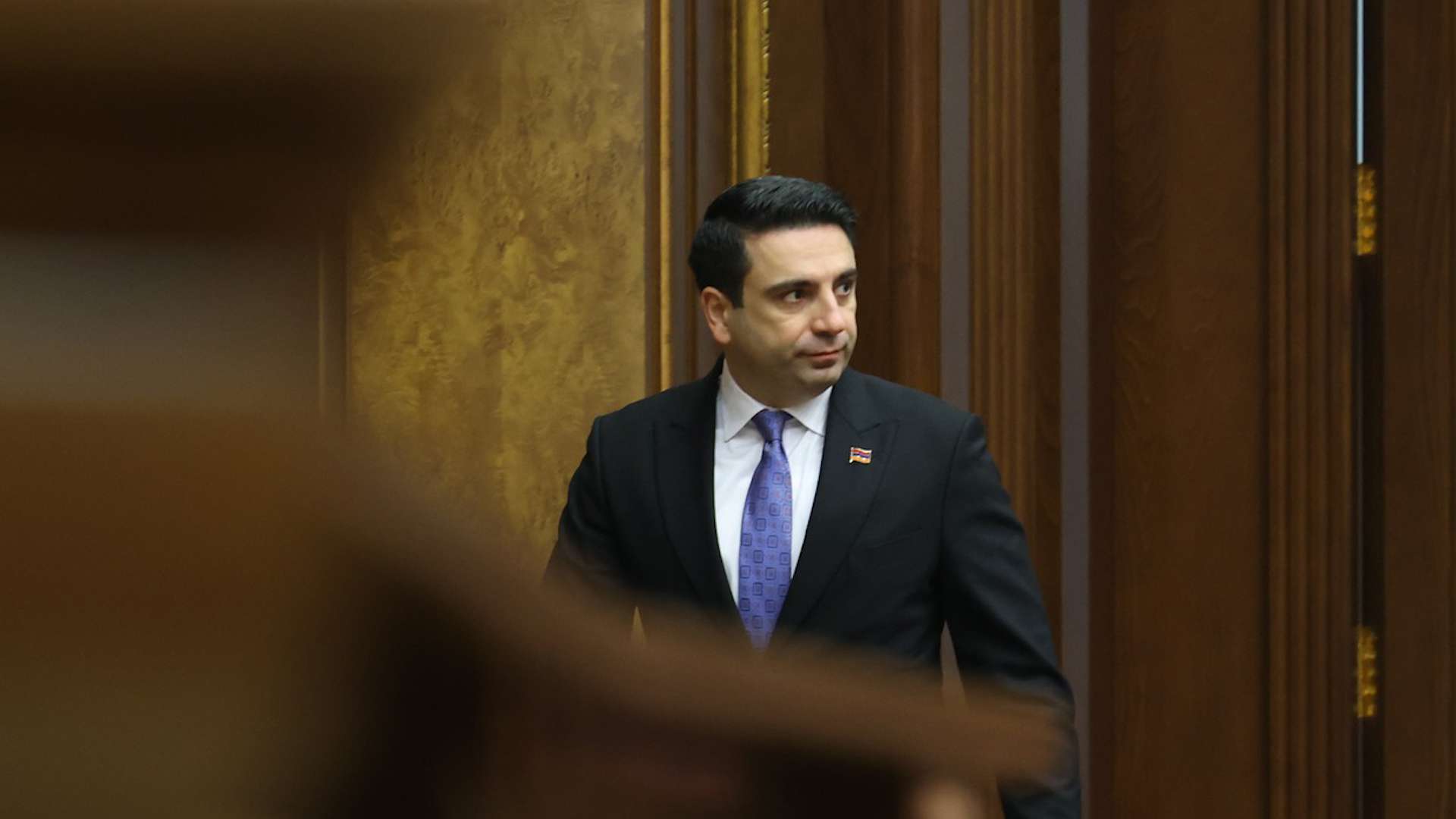Gazprom Media coming to Georgia
The State Security Service of Georgia released its annual report for 2017 on 10 April, in which it says that Russian special services are making active use of ‘hybrid warfare’ elements, including mass media outlets with propagandistic agendas, to strengthen its political influence in Georgia.
Two days later, it was made known that NTV Plus, a daughter company of the Russian Gazprom Media state corporation, is coming to TV in Georgia.
Going back even further, the public found out that the Georgian government had paid one million one-hundred thousand dollars to the well-known anti-Georgian Russian TV channel Russia 1 in order to air a tourism commercial.
These facts would seem to point to the conclusion that the Georgian government does not sense any real danger emanating from Russia’s exertion of ‘soft power’ in the country, and consequently there is no concrete plan to deal with this danger, Georgian experts say.
NTV Plus announced its intention to enter the Georgian TV broadcasting market on its website. The Russian company will offer Georgian consumers two packages: one with fifty satellite channels, including both Russian and international channels, and another package which will include over 90 channels.
The statement said that the company will present its name in the Latin alphabet and will trade under the name NTV-PLUS. Its partners in Georgia in the technical assistance field will be Media Group Ltd.
The director general of NTV-PLUS, Mikhail Demin, does not hide the fact that the aim of introducing the broadcaster onto the market is not only business:
“Geographic expansion is one of our strategic priorities. Georgia is a market with prospects. Broadcasting in Georgia is not only about business. It is also a social mission.”
Georgian experts believe that NTV-PLUS will not take hold on the Georgian market – the majority of the population uses cable or internet TV, and in the rural regions people use satellite dishes, but they say the very entrance of the Russian media company onto the Georgian market is unacceptable.
“NTV-PLUS is a pro-propaganda resource for the Russian authorities, and its activation against the backdrop of the Russian occupation of Georgian territories is a dangerous move. The Georgian authorities must do all they can to not allow Russia to start broadcasting here,” says Sergi Kapanadze, a member of the European Georgia opposition party.
The media project manager of the NGO Transparency International – Georgia, Mamuka Andguladze, says that NTV-PLUS’s appearance on the Georgian market is not a business interest so much as it is an attempt to broadcast Russian narratives:
“A media organisation must be oriented on business, financially independent and abide by ethical standards. But the state is behind NTV-PLUS, and several investigations have confirmed that the company is one of the instruments used in ‘hybrid warfare’ which is being waged by Russia,” says Andguladze.
Unlike others, he doesn’t think that Georgia should ban Russian TV channels, but he says that the government must conduct a careful policy in this regard.
“One cannot fight Russian propaganda with analogous methods. This is dangerous for pluralism and democracy, and its counterproductive. If somebody wants to watch Russian programmes, he will find a way to watch them either way. Modern technology provides for unlimited opportunities.”
Andguladze believes that the Russian hybrid war must be met by the Georgian authorities with a well thought-out strategy of information security: strengthen western values and conduct anti-propaganda measures against Russian propaganda. He said that it would be correct to ban the broadcast of Russian channels only if they propagate ideas connected to warfare:
“For example, the Baltic countries banned the broadcasting of Russian channels for several months during the Russian-Ukrainian war because they openly started to spread military propaganda,” says Andguladze.
In Georgia, Russian channels are available via cable and satellite TV. Because of the negative reaction to the news about NTV-PLUS’s entrance onto the Georgian market, its partner Media Group Ltd released a statement in which it expressed its confusion as to why the event was being risen to a political level, which is unacceptable. The General Director of Media Group Ltd, David Nakashidze, says that NTV-PLUS is a well-known brand which broadcasts high-quality TV programmes.
“Today, on the Georgian market, there is a demand for Russian channels and Russian-language content. I am sure that the programmes offered by NTV-PLUS will interest subscribers living in Georgia,” he said.
However, Georgian activists have already begun gathering signatures on the site www.manifest.ge against the entrance of the Russian propaganda broadcaster onto the Georgian market.
The ruling Georgian Dream party has, up until now, demonstrated restraint in commenting on the event, and has called on its opponents to not hurry with hasty remarks and statements. They say that the Communications Regulations Committee’s decision should be awaited first, which will decide on what grounds the Russian company may enter the Georgian market.
Russian soft power in the report of the State Security Service
The State Security Service report mentioned above says that foreign agencies use hybrid warfare and propagandist media resources to increase their influence in the country.
The report asserts that the aim of these foreign agencies is to promote anti-Western views and attitudes; to create an image of Georgia as an unreliable partner, to create an atmosphere of a lack of trust, hopelessness and nihilism within Georgian society; to destabilise ethnic and religious paradigms and to polarise Georgian society.
The report says that individuals involved in this process have been identified by the state, but they are not listed in the report.










